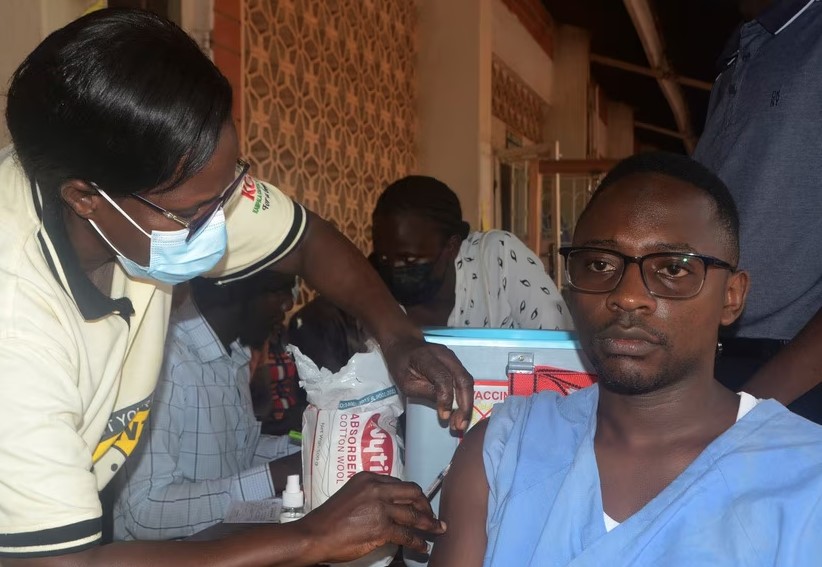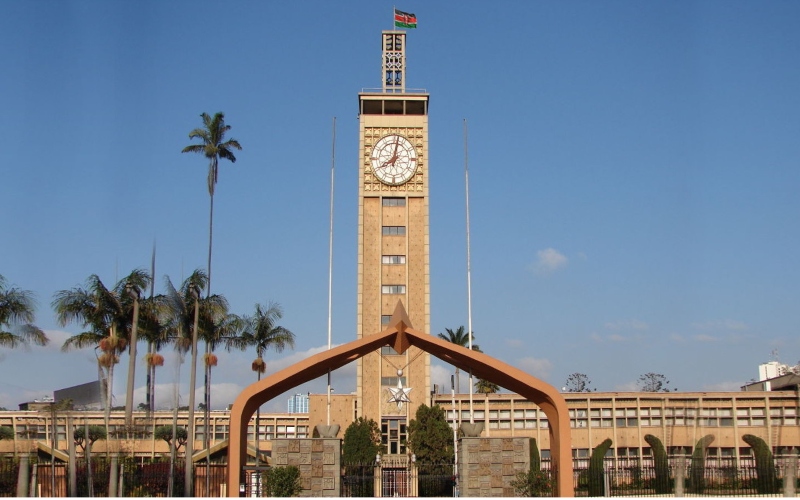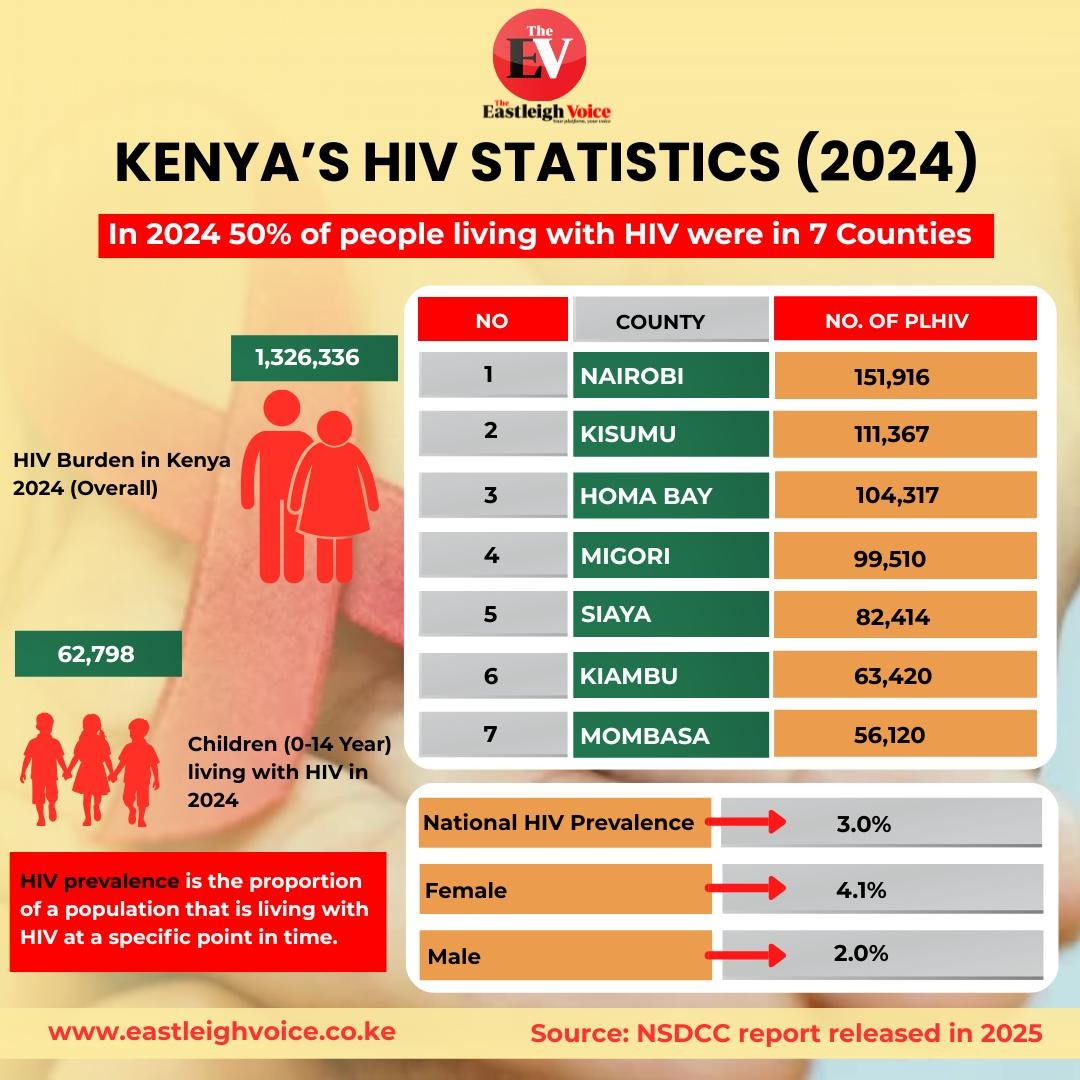Uganda introduces Yellow Fever vaccination card requirement for all travellers

The directive follows the launch of a nationwide yellow fever vaccination campaign aimed at protecting Ugandans from the mosquito-borne illness that has been a threat for long.
All travellers entering and leaving Uganda will now be required to possess a yellow fever vaccination card, in compliance with international health regulations.
The directive follows the launch of a nationwide yellow fever vaccination campaign aimed at protecting Ugandans from the mosquito-borne illness that has been a threat for long.
More To Read
- How changing weather patterns fuel Rift Valley Fever transmission
- Malindi measles resurgence linked to low vaccination rates
- Vaccine hesitancy: Inside Kenya’s push against measles, rubella and typhoid
- 15.6 million children vaccinated against measles-rubella and typhoid
- First malaria drug for infants approved, to be rolled out in Africa within weeks
- Measles and rubella rebound amid dropping vaccination rates
An immunization official at the Health Ministry Dr Michael Baganizi, reported that by the end of April, 12.2 million of the 14 million target population had been vaccinated.
“The Government of Uganda through the Ministry of Health is committed to protecting the population from the risk of importing or further spreading Yellow Fever virus by establishing entry and exit requirements on Yellow Fever Vaccination for travellers. Proof of vaccination is often required for travellers arriving from countries with risk of Yellow Fever transmission and sometimes for travellers in transit through such countries,” reads the regulations.
“Accordingly, in line with International Health Regulations, Uganda abides by World Health Assembly resolutions on the requirement for Yellow Fever vaccination for travellers, thus; Yellow Fever vaccination certificate is a requirement for persons travelling from endemic countries to Yellow Fever free countries.”
Vaccination rates
Authorities hope the new requirement will increase vaccination rates in the country where vaccine hesitancy remains a significant concern for healthcare providers.
However, it is not a requirement for travellers to receive a booster dose after the one-time vaccination which gives lifelong protection.
“If you're not able to have the vaccine, contact a yellow fever vaccination centre or your GP who may provide you with an exemption letter which can be uploaded in place of the yellow fever certificate,” reads the regulations.
Yellow fever is transmitted through the bite of infected mosquitoes. While many infections are asymptomatic, symptoms can include fever, muscle pain, headache, loss of appetite, nausea, and vomiting, according to the WHO.
According to the Voice of America, previously, Ugandans had to pay around $27 (Sh3,588) for the yellow fever vaccine at private clinics. However, the vaccine is now administered in a single dose, which is being provided free of charge to Ugandans aged 1 to 60.
Additionally, vaccination centres have been established across the country, including in schools, universities, hospitals, and local government offices.
According to the World Health Organization (WHO), with a population of 45 million, Uganda is one of 27 African nations at high risk for yellow fever outbreaks.
The organization estimates that yellow fever causes 200,000 cases and 30,000 deaths globally each year. Uganda's latest outbreak occurred earlier this year in Buikwe and Buvuma districts.
Uganda's vaccination campaign is part of a broader global strategy initiated in 2017 by the WHO and partners, including UNICEF, to eliminate yellow fever by 2026.
The strategy aims to protect nearly 1 billion people in Africa and America. A midterm evaluation revealed that by August 2022, 185 million people in high-risk African countries had been vaccinated.
Baganizi noted that the Ugandan government has invested in community sensitization sessions.
In Uganda, most people get a yellow fever shot when they are travelling to countries such as South Africa that demand proof of vaccination on arrival.
Top Stories Today












































